One in seven Britons went hungry last year due to lack of funds
A landmark research study has revealed the excruciating extent of food poverty across Britain, where one in seven went hungry last year.
The study by the Trussell Trust, which is an NGO and charity that works to end the need for food banks in the United Kingdom, reveals that 14% of all UK adults or their households experienced food insecurity in the 12 months leading to mid 2022, affecting an estimated 11.3 million people.
This would imply that at some point during this period they ran out of food or were unable to afford food, ate less, went hungry, or lost weight, due to lack of money.
The study further notes that despite the growth in the number of food parcels provided by food banks and independent providers, more than two thirds of people experiencing food insecurity did not receive food aid.
According to the Trust, the latest findings are just the tip of the iceberg and the shortage of money is not limited to just hunger pangs among the impoverished Britons.
So I think if you look at last year, if you look at it overall, we saw the highest need ever for food banks, so we gave out 3 million food parcels.
That was a 37% increase on the year before, more than a million for children for the first time.
So if you look at it overall, even with every bit of support that was put in, we were still seeing a lot of people in really dire hardship.
Helen Barnard, Director of Policy, Trussell Trust
The Trussell Trust report also says that working age adults are much more likely to need to turn to a food bank than pensioners. This is particularly the case with single adults living alone and those not currently in paid work.
Furthermore, families with children are at high risk of food insecurity. Nearly half (47%) of all households experiencing food insecurity include children under the age of 16.
It said the impact of poverty leads to worrying social isolation and loneliness, spiraling debt, and, a decline in physical and mental health.
It has been argued that food banks, like the Trussell Trust, are fulfilling a need that the government is supposed to satisfy.
Food banks are a community led response to need, so they're stepping into the gap in the absence of effective government policy.
It isn't sustainable in the long term, food banks are only meant to be a short term intervention so families, so high schools, can get back up on their feet again.
But unfortunately, we're in a position where, I guess as a result of the lack of policies that prioritize people that are on the edges of society, food banks had to step in and provide.
Jonny Currie, Northern Ireland Network Lead, Trussell Trust
Furthermore, a paper by the department of Development Studies at the University of Sussex reveals that nearly a quarter of the population of Britain experienced hunger as the new normal.
According to the study, a decade ago the number of food banks in the UK was fewer than 100. However, in 2021, the number increased to over 2000 with 9.7 million people suffering food poverty as of last September.
We have also found that even when people have been in receipt of the general cost of living payment, the disability cost of living payment, and, their full benefit entitlement, they have still had to make profoundly difficult choices about whether they can afford their essentials.
So in our recent survey we found that 26% of people with a learning disability who responded reported not turning the lights on, 85% reported skipping meals, and, 38% had not used their heating when they were cold.
So I think that just indicates that hardship for people with a learning disability has persisted even with the cost of living payments.
Maddy Rose, Policy Specialist
Recent data released by Britain's National Health Service, NHS, shows the cost of living crisis in the country has taken a heavy toll on the mental health of children and youngsters.
According to the data, a record 1.4 million children and young people sought help for mental problems in 2022, the second year in a row the referrals surpassed 1 million.
Mental health issues among school aged children have undergone an explosion since the year 2019, partially due to the Coronavirus pandemic.
Meanwhile, the Young Minds charity which has analyzed and reported on the NHS data says its own numbers show young people are facing a unique combination of challenges, mostly due to worries about money.
The UK and many other Western countries are grappling with record inflation, mainly triggered by the Ukraine war and sanctions on Russia, which has led to major disruptions to global energy and food supplies.
New data from the Office for National Statistics in the UK shows that the consumer price index has remained at 8.7%, unchanged from April to May.
The retail industry is facing growing pressure over the soaring cost of living after official figures showed the annual inflation rate for the UK remains unchanged apart from the price shocks triggered by the war in Ukraine.
Many believe that UK is on a path to long term decline, as Brexit has reduced trade and economic growth, harmed the NHS and key industries with a staffing shortages and that's pushed up costs for businesses and consumers.
Some six and a half years after Brexit and it looks like we haven't a clue what we're doing about anything, including inflation control.
I mean, frankly, it's pretty, pretty disturbing that we keep on having so many repeated negative surprises.
And as I'm sure you've heard others talking about, if you actually look at core inflation as to its historic purposes as a lead indicator where overall inflation is going.
In the UK it appears to be going up and to be honest, somebody that is so immersed in pulling the weeds around and throughout all this data, on one level is a bit hard to really understand why it's just so bad for us.
And guess what, as you imply with that question, it's yet another sign of the ongoing consequences of Brexit.
Jim O’Neil, Former Goldman Sachs Asset Manager
The UK voted to exit the EU on June 23rd, 2016. In early 2021 the country also left the European single market.
Amid the protracted and cumbersome redrawing of trade rules that followed these decisions, the British economy has stagnated.

Microsoft collaboration in Gaza genocide

Indirect Iran-US talks proceed on 'constructive' note

Indirect Iran-US meetings
Netanyahu’s anger source of joy for us: Ansarullah
Iran, China working resolutely to safeguard mutual interests: Tehran says as FM departs for Beijing
Yemen asserts enhanced military readiness; takes US aircraft carriers under firepower
VIDEO | Iran seeks foreign investment to boost oil, gas sectors
Iran condemns terror attack in India's Kashmir region
After second Signalgate scandal, Democrats call for Hegseth’s resignation
Mahmoud Khalil missed son's birth after US officials denied temporary release
Iran’s annual inflation up 0.7% to 33.2% in April: SCI



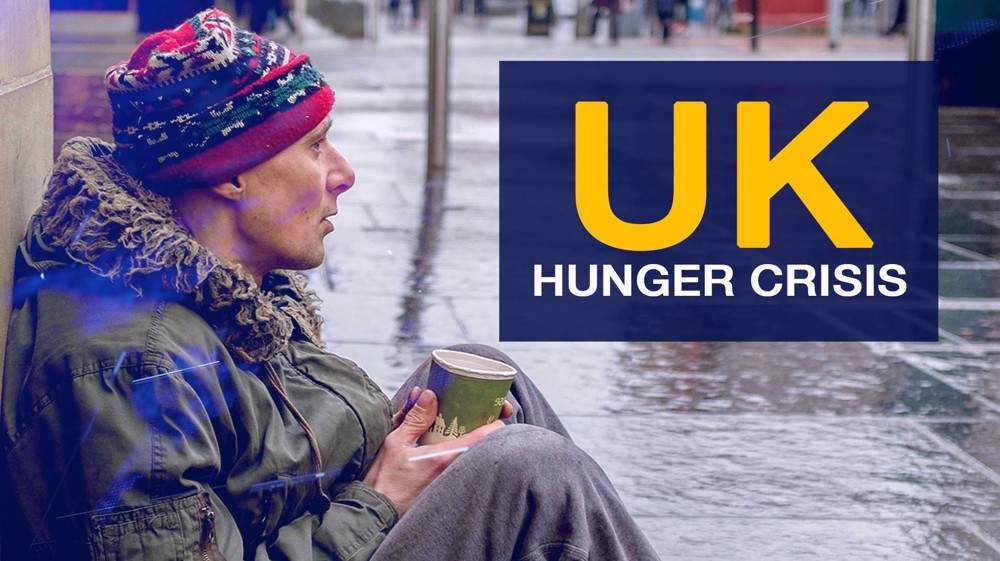
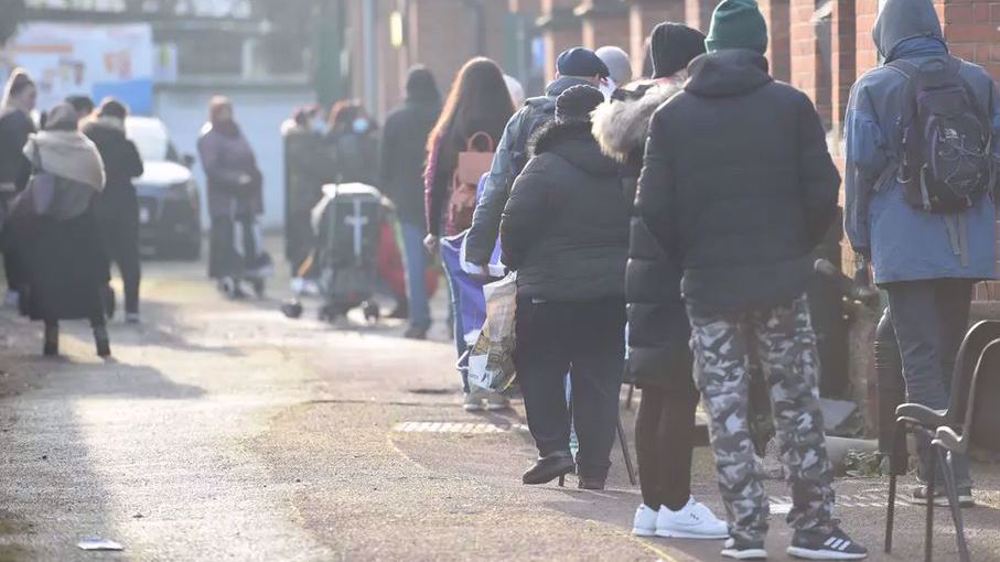

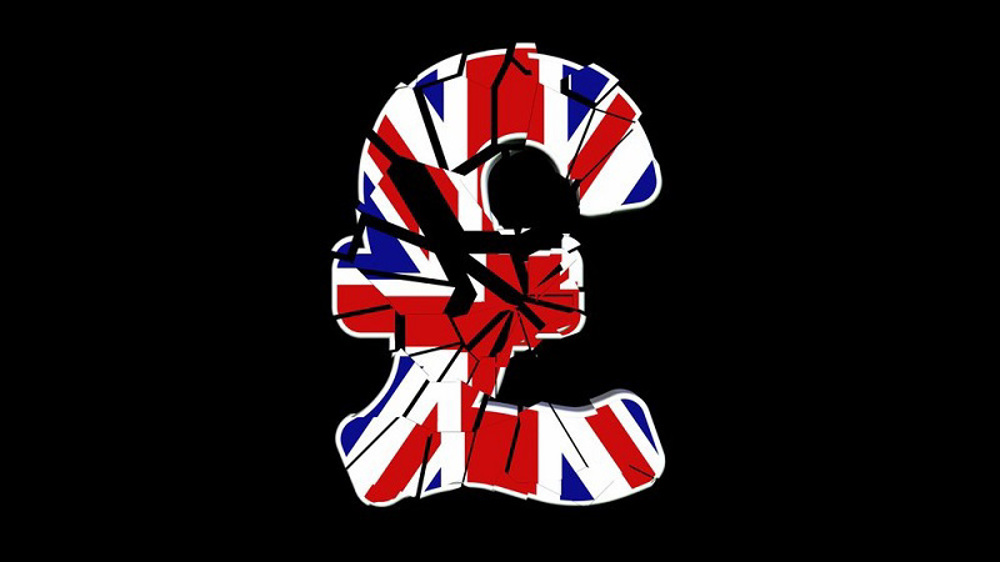
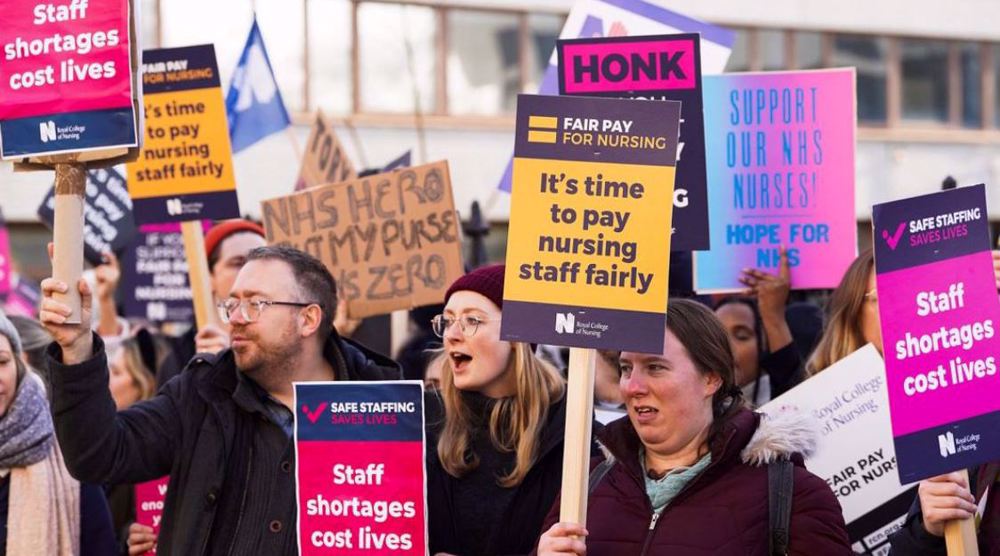
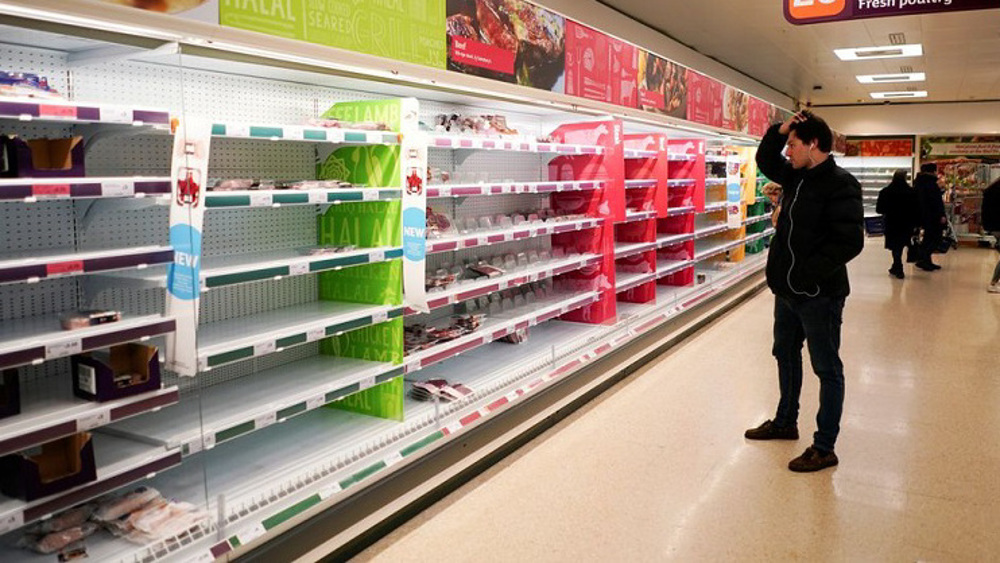



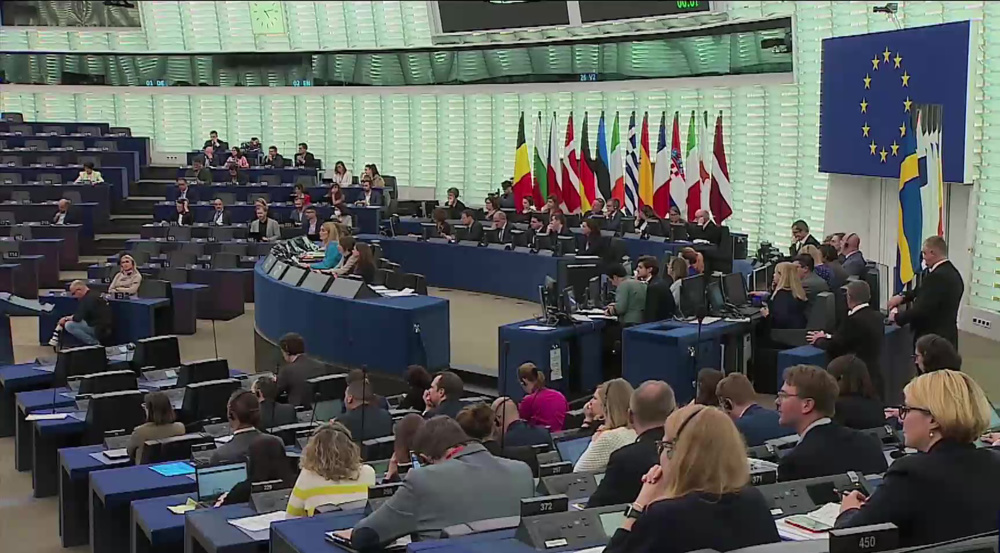
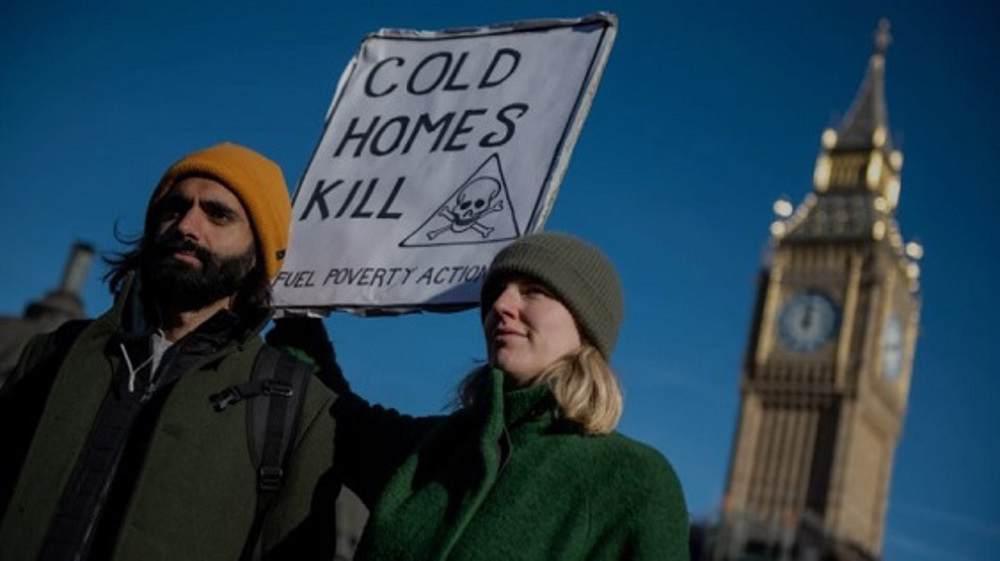

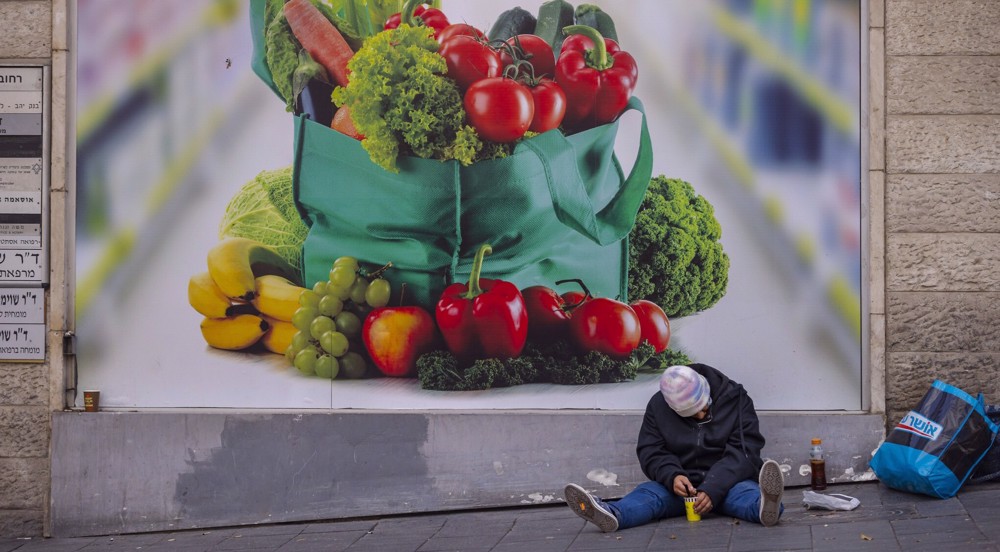
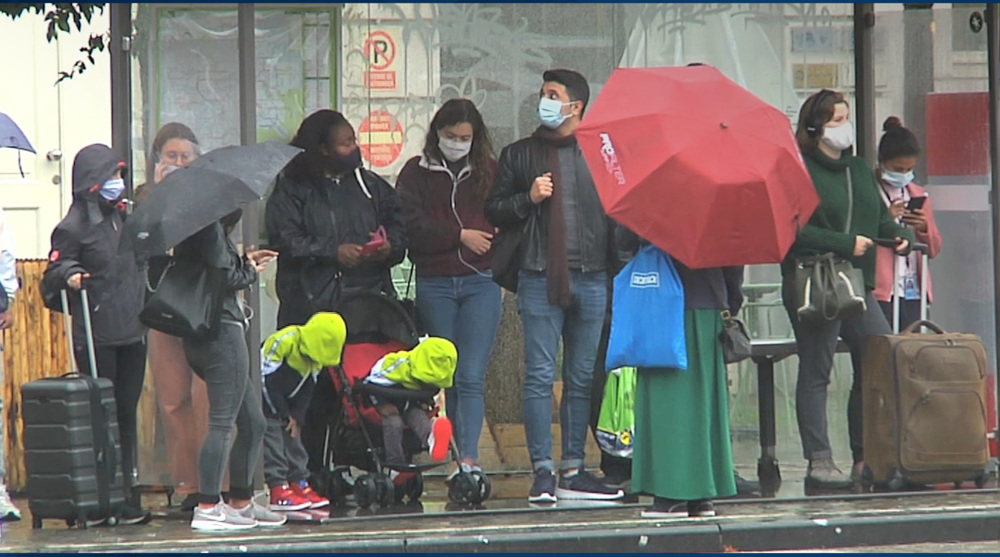
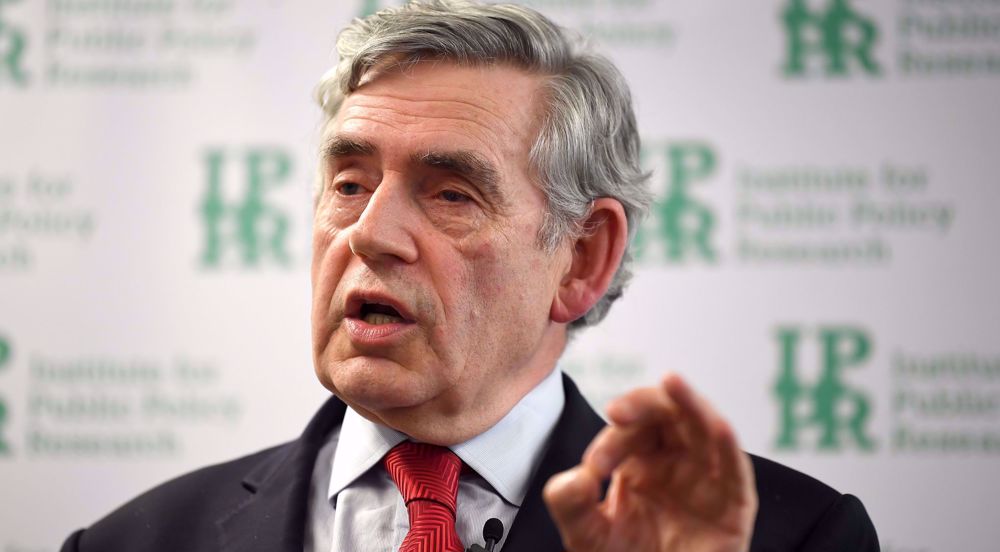

 This makes it easy to access the Press TV website
This makes it easy to access the Press TV website